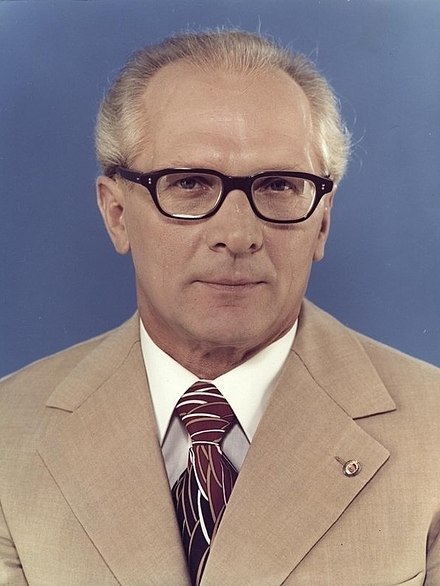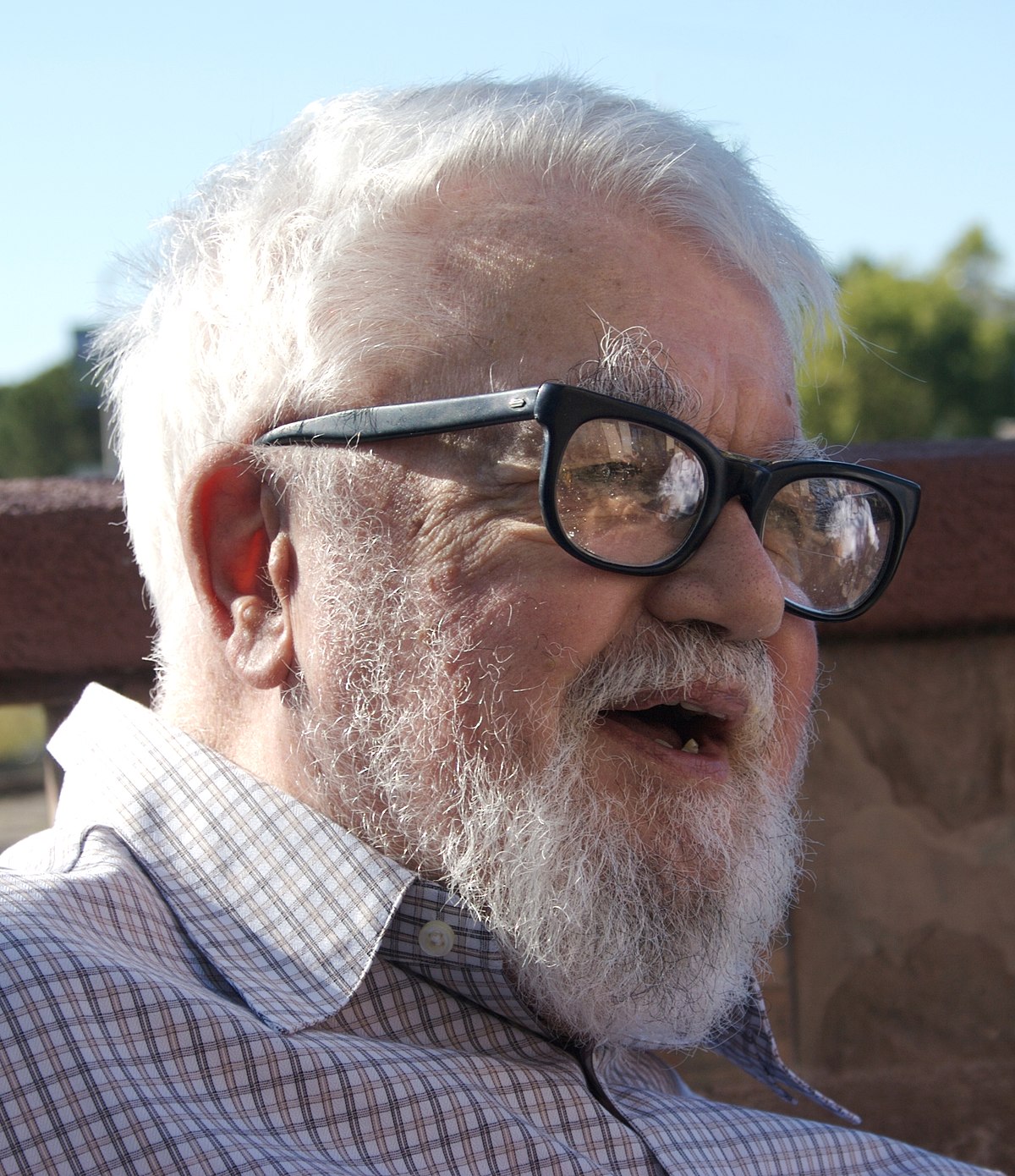He visitied USSR many times and knew Russian well. He rejected communism after he saw the Warsaw Pact intervention in Czechoslovakia. The intervention took less than 300 hundred lives on both sides, but McCarthy choose to support republicans, a fascist regime responsible for thousands of victims all over the World.
Edit: Wikipedia says: “he distanced himself after making visits to the Soviet Bloc, which led to him becoming a conservative Republican.” but it seems that this particular intervention changed his mind, not the earlier multiple visits in Soviet Union. Wikipedia is biased as fuck.


You can read McCarthy’s notes from that visit here. He doesn’t really write about the deaths but about daily life under occupation and what he sees as its counter-productive effects.
Thank you for the material. He had a nice writing style, quite readable. Anyway, I understand that he could have some experience, where he lost hope and support for USSR and the Warsaw Pact Countries, but going to the opposite ideological side is hard to imagine, since he was not young that time, I think. Anyway, such ideological U turn seems not so rare to me, and I experienced one myself.
I agree. And his writing in that one letter is so brief that while it does portray what was maybe an important moment in the evolution of his views towards the USSR, it really doesn’t give much insight into his political thinking overall.
I understand leaving behind something you were inculcated into growing up, especially the dominant culture wherever you are. We all pick things up as kids that we drop as soon as we really think them through.
But I really don’t understand that kind of hard swing to the right later in life, especially for private citizens.